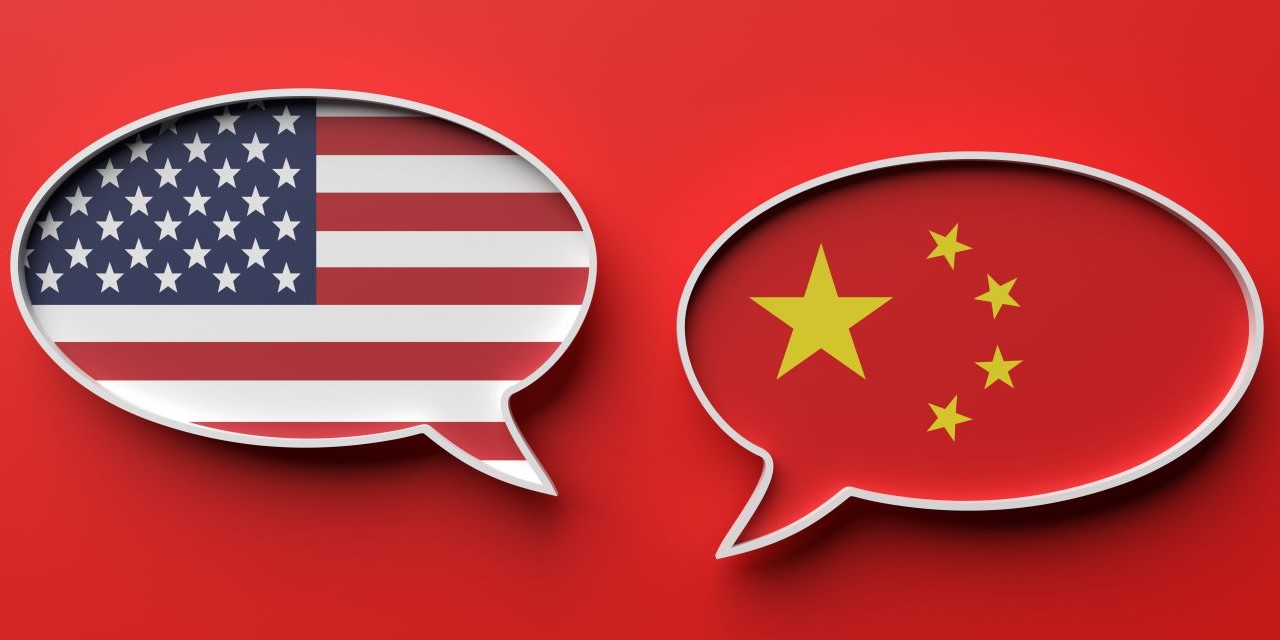Cooperative Security, Arms Control and Disarmament By John Marks | 29 May, 2023
Could The US And China Become Partners For Peace In Ukraine?

Image: rawf8/shutterstock.com
This article was first published in The Hill on 13 May 2023 and is republished with permission.
Secretary of State Antony Blinken took a commendable step on May 3, when he said that there was “nothing wrong” with the U.S. working in parallel with China to restore peace in Ukraine. He added, “As a matter of principle, countries, particularly countries with significant influence like China, if they’re willing to play a positive role in trying to bring peace, that would be a good thing.”
Stephen Walt, a Harvard professor who is a particularly astute commentator on international affairs, went even further when he recently wrote in Foreign Policy that there may be a path to peace in Ukraine – if the U.S. and China could somehow collaborate in jointly mediating the conflict.
American-Chinese cooperation may seem like a bridge too far for both governments. While each has skin in the game, both would unquestionably prefer not to be directly involved with the other. However, if the two were to set aside their national egos and stop playing power politics, together they might be able to take a giant step toward saving tens of thousands of lives and preventing further destruction of Ukraine.
On the American side, working with China on the diplomatic level would not require stopping the flow of weapons and intelligence to Ukraine. The war track and the peace track do not have to be mutually exclusive. By adopting a two-pronged policy, the Biden administration would both be continuing to stand up to Russian aggression, while demonstrating that saving lives is also a high priority. And Ukraine would almost certainly be more likely to accept the assistance of outside mediators if the U.S. were a party.
It would be naïve not to realize that the first choice of U.S. policymakers is for Ukraine to drive the Russian invaders out of the country. However, as revealed in the Discord Leaks, Pentagon intelligence analysts have concluded that Ukraine is not likely to prevail in the year ahead. This gives the impression that total victory is highly unlikely anytime soon, so the choice for the U.S. would seem to be between providing the weapons to prolong a bloody stalemate or creating space for the Ukrainians to agree to compromises that could bring a halt to the fighting.
Unquestionably, making compromises would be extremely difficult for the Ukrainians—and the Russians—but a negotiated settlement would almost certainly be a better outcome than having the two countries fight to a draw. And if the U.S. government were to take on a dual role of armourer and peacemaker, the Ukrainians would have little choice but to listen carefully.
China, which has already put forth its own peace plan for the Ukraine conflict, demonstrated its effectiveness as a mediator in March when it brokered a settlement between Saudi Arabia and Iran. If China were to achieve similar results in Ukraine, even in partnership with the U.S., its reputation as a peacemaker would be decisively enhanced. And its chances of being successful would seem to be much greater if it were to work together with the United States.
Russia would be highly unlikely to accept a peace initiative from the United States, which it sees as its principal enemy, and that is why Chinese involvement would be so important. Given the increasing Russian dependence on China for economic and political support and the “no limits friendship” that Vladimir Putin and Xi Jinping agreed upon earlier this year, the Russians would need to take Chinese input seriously.
Walt notes that there are Cold War precedents for great powers—even adversaries—acting in tandem to promote peace when they share interests. For example, he cites past U.S.–Soviet efforts to end wars between Israel and its neighbours. In these cases, he writes, “both superpowers wanted the fighting to stop, and each had to pressure their clients to agree.”
After more than a year of war, new approaches are clearly called for. The world is definitely running out of space and recuperative capacity to allow for wasteful conflict. There are practical and ethical imperatives for peace in Ukraine – and for the U.S. and China to do their utmost to achieve it.
Related articles:
China is reinventing itself as a peace broker - how will American respond? (3-minute read)
John Marks was the founder and long-time president of Search for Common Ground, an international non-governmental organization involved in peacebuilding. He currently is the managing director of Confluence International, a peacebuilding group based in Amsterdam.